Unit | Systems Strengthening and Health Promotion
In the context of the drive towards Universal Health Coverage, the Systems Strengthening and Health Promotion unit (SHPU) applies systems thinking to strengthen health systems, and works on questions of the quality and integration of care, human resources, health financing and insurance to reduce the risk of people being left behind.
Given the critical importance of nutrition and the burden of Non-Communicable Diseases (NCDs), we operate according to the principles of Shanghai and “Health for all and all for health in the era of the Sustainable Development Goals”. This includes enabling health equity, facilitating collaboration and good governance, across sectors, building partnerships and promoting health-enhancing factors. These factors span our interactions with the environment, socio-economic and cultural aspects, as well as food marketing and modern lifestyle issues.
Across all our work, we pay particular attention to gender equity, pro-poor practices, and public engagement so as to increase transparency and accountability for service delivery.
Creating Healthy Cities. Health in Cities
The majority of the world’s poor now live in secondary cities and towns, and this trend is increasing. Urban households living in poverty tend to spend a large proportion of their income on food. By forcing households to substitute nutritious food such as fruits and vegetables with less nutritious, less expensive, and less nutrient-dense staples, food price volatility immediately affects diet quality. In order for consumers in fast growing secondary cities to change their food consumption behaviour towards improved diets and more sustainable food systems, the Swiss Agency for Development and Cooperation’s (SDC) Nutrition in City Ecosystems (NICE) project connects the demand and supply side of food systems, engages women and youth - including through social business models - and builds local governance capacity initially in two secondary cities each in Bangladesh, Kenya and Rwanda.
Tackling Non-Communicable Diseases
The service mandates on non-communicable diseases focus on policy, institutional and population levels. WHO's people-centred, integrated care approach is at the heart of support to improve primary and secondary health care provision. Considerable attention is paid to disease prevention and health promotion.
Health Financing and Insurance
With an increasing number of countries establishing Universal Health Coverage goals through pre-payment schemes, Swiss TPH provides support to national and local governments, as well as private and non-governmental organisations, in setting up health financing schemes. This includes feasibility studies, assessments, research, implementation projects and policy advice, especially on health insurance reforms for public, non-profit and private health insurances (including Takaful).
Insurance Information Systems
Having originally designed and implemented the Insurance Management Information System (IMIS) in Tanzania and subsequently in a number of other countries, Swiss TPH continues to work with the global openIMIS initiative to maintain and develop the tool as a Global Digital Public Good. Swiss TPH provides expertise in health financing process mapping (analysis, design, process reengineering and implementation), change management and policy dialogue to improve insurance information systems. It also provides information system design and implementation, feasibility assessments, impact assessments, training and capacity development, including course development.

Helen Prytherch
PhD, MPH
Head of Unit, Project Leader, Deputy Head of Department
+41612848686
helen.prytherch@swisstph.ch
Our Areas of Expertise
Projects
All projectsLatest Publications
Dietsche S et al. Assessing DSM-5 criteria of somatic symptom disorder in medically hospitalized inpatients: a cross-sectional analysis. Gen Hosp Psychiatry. 2026;99:6-15. DOI: 10.1016/j.genhosppsych.2025.12.023
Awasthi S et al. Prevalence of hypoxemia among sick children, aged under-five years, seeking healthcare at primary health facilities in Uttar Pradesh, India: an observational-cohort study. Lancet Reg Health Southeast Asia. 2025;43:100706. DOI: 10.1016/j.lansea.2025.100706
Beynon F et al. Effectiveness of introducing pulse oximetry and clinical decision support algorithms for the management of sick children in primary care in India and Tanzania on hospitalisation and mortality: the TIMCI pragmatic cluster randomised controlled trial. EClinicalMedicine. 2025;85:103306. DOI: 10.1016/j.eclinm.2025.103306
Frei A et al. Therapeutische Allianz, Selbstwirksamkeit und suizidales Erleben: eine Subanalyse. Psychother Psychosom Med Psychol. 2025(in press). DOI: 10.1055/a-2640-1839
Frei A et al. Therapeutische Allianz, Selbstwirksamkeit und suizidales Erleben: eine Subanalyse. Psychother Psychosom Med Psychol. 2025;75(9-10):377-383. DOI: 10.1055/a-2640-1839
Frei A et al. ASSIP flex Suizidprävention flexibel und nachhaltig: ein Behandlungsangebot für Menschen nach einem Suizidversuch. Ther Umsch. 2025;82(2):62–69. DOI: 10.23785/TU.2025.02.006
Horton S et al. Costs of testing sick children in primary care with pulse oximetry: Evidence from four countries, both with and without electronic clinical decision support. PLOS Glob Public Health. 2025;5(7):e0004644. DOI: 10.1371/journal.pgph.0004644
Knoblauch A.M et al. Assessing the quality of care in primary health care facilities in all municipalities in Kosovo 2016-2023. Front Public Health. 2025;13:1596249. DOI: 10.3389/fpubh.2025.1596249
Langet H et al. Effectiveness of introducing pulse oximetry and clinical decision support algorithms for the management of sick children in primary care in Kenya and Senegal on referral and antibiotic prescription: the TIMCI quasi-experimental pre-post study. eClinicalMedicine. 2025;83:103196. DOI: 10.1016/j.eclinm.2025.103196
Matthys B et al. Development and implementation of a digital clinical decision support system to increase the quality of primary healthcare delivery in a refugee setting in Chad. BMC Prim Care. 2025;26:113. DOI: 10.1186/s12875-025-02818-w
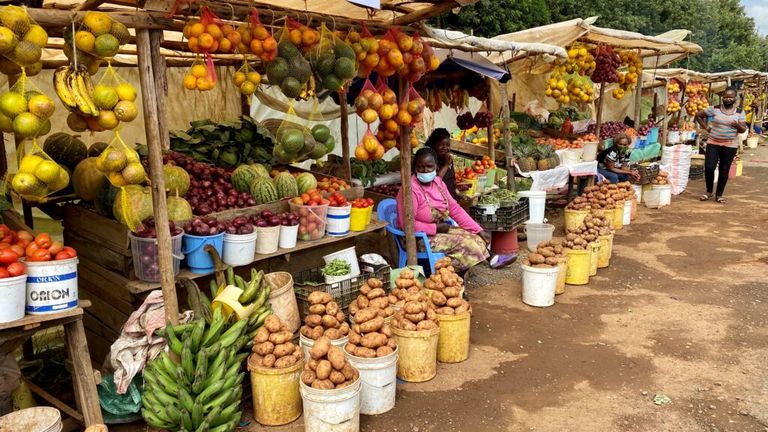


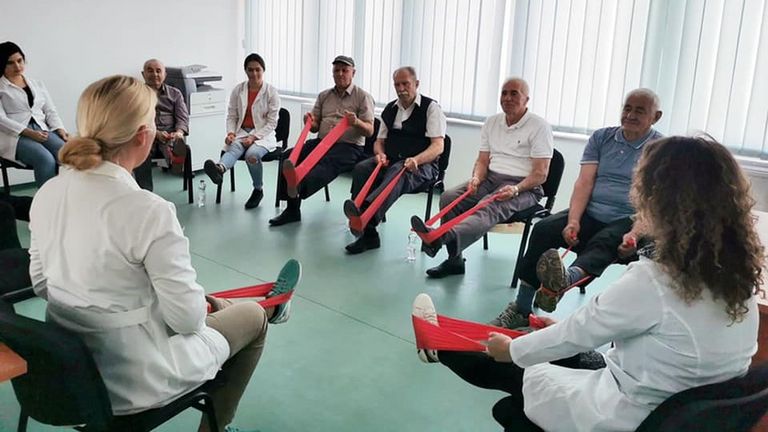
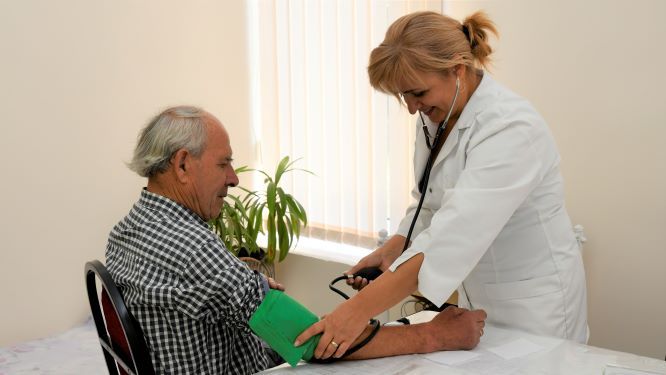
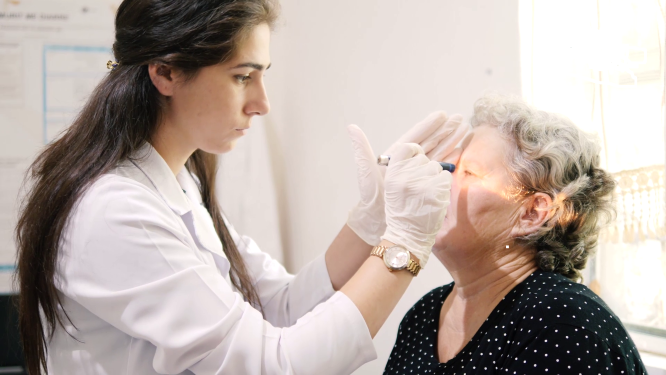

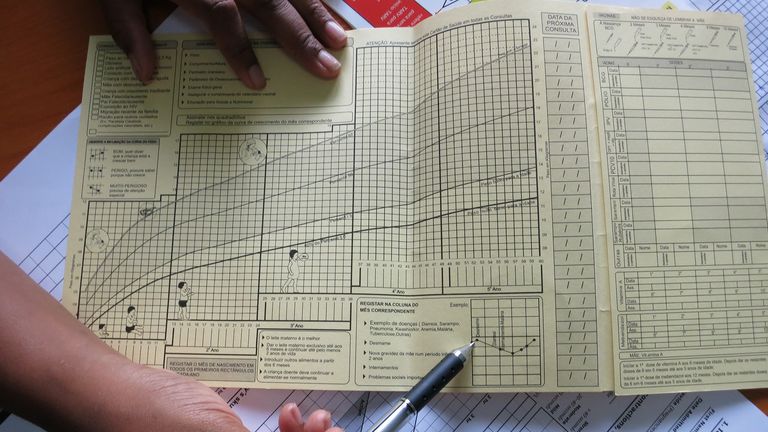
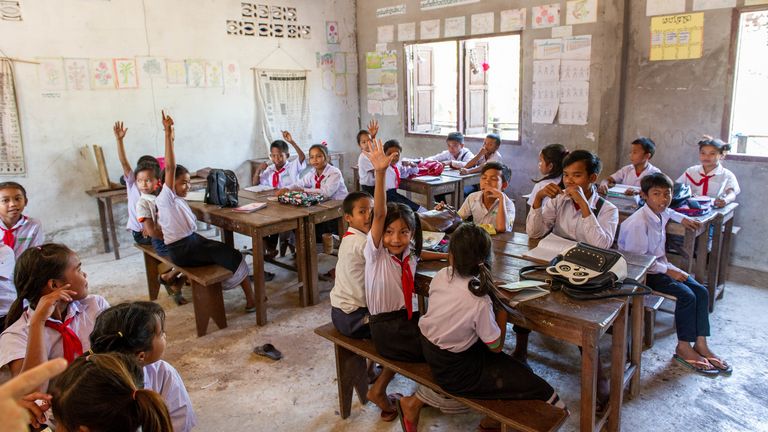

 Marine Caillaud
Marine Caillaud
 Robert Cazal-Gamelsy
Robert Cazal-Gamelsy
 Giulia Delvento
Giulia Delvento
 Aktug Demiroglu
Aktug Demiroglu
 Nicu Fota
Nicu Fota
 Jean Bernard Gbangou
Jean Bernard Gbangou
 Jana Gerold
Jana Gerold
 Louise-Amélie Hantzsche
Louise-Amélie Hantzsche
 Hélène Kirchhoffer
Hélène Kirchhoffer
 Olivier Louis dit Guerin
Olivier Louis dit Guerin
 Daniella Majakari Bernard
Daniella Majakari Bernard
 Barbara Matthys
Barbara Matthys
 Besim Nuri
Besim Nuri
 Helen Prytherch
Helen Prytherch
 Damien Revault
Damien Revault
 Daniel Salunga
Daniel Salunga
 Ragnessi Justin Savadogo
Ragnessi Justin Savadogo
 Cornelia Speich
Cornelia Speich
 Siddharth Srivastava
Siddharth Srivastava
 Lia Tavadze
Lia Tavadze
 Kaspar Wyss
Kaspar Wyss